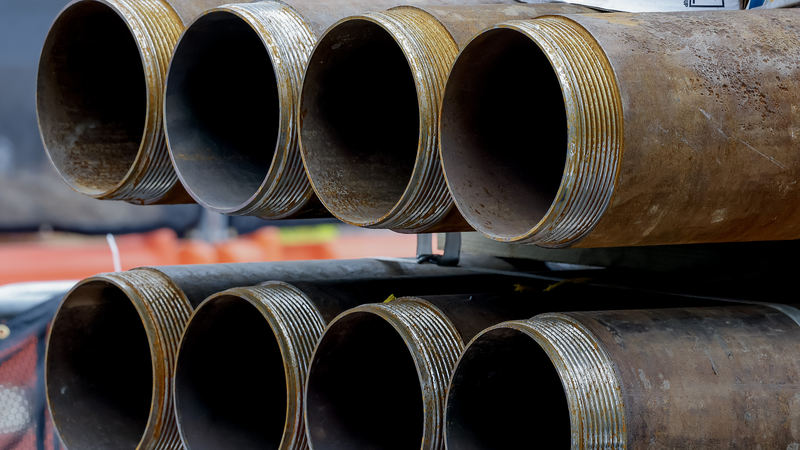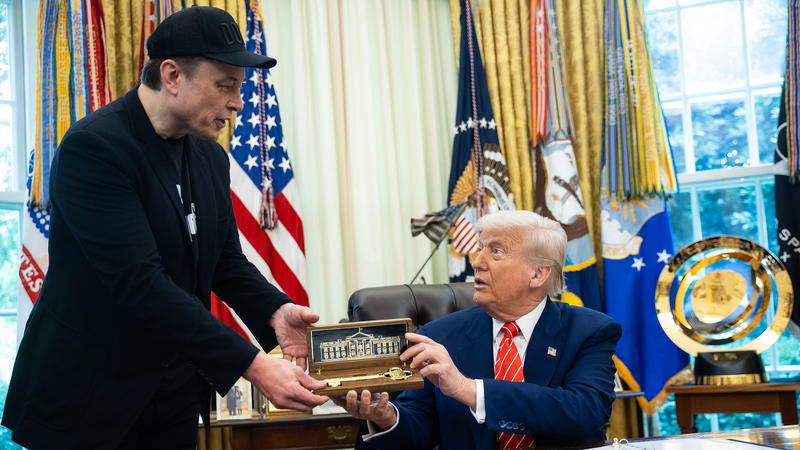The United States has finalized tariff hikes on select Chinese-made goods, a move initially announced in May, amidst growing concerns from various industries about potential disruptions to supply chains and business operations.
The new tariffs include a 100 percent duty on Chinese electric vehicles, 50 percent on solar cells, and 25 percent on steel, aluminum, electric vehicle batteries, and key minerals. These increases are set to take effect on September 27.
Jason Oxman, President of the Information Technology Industry Council, criticized the U.S. government for dismissing industry concerns regarding the economic and supply chain impacts of these tariffs. According to the tech trade association, American businesses and consumers have incurred a cumulative cost of $221 billion since the implementation of tariffs under Section 301 of the U.S. trade law.
Additionally, a survey from the American Chamber of Commerce in Shanghai's \"China Business Report 2024\" revealed that 48 percent of surveyed U.S. companies believe tariffs on Chinese goods should be reduced to better support foreign firms operating in China.
Experts at the International Monetary Fund (IMF) have voiced strong opposition to unilateral tariffs, labeling them as among the \"wrong solutions\" for current trade challenges. In a recent blog post, IMF officials highlighted that such tariffs increase the risk of retaliation, foster policy uncertainty, undermine the multilateral trading system, weaken global supply chains, and contribute to geo-economic fragmentation. They have called on governments to bolster WTO rules and practices instead.
In response to the tariff proposals in May, Chinese authorities stated their opposition to unilateral tariffs that violate World Trade Organization (WTO) rules and announced their intent to take necessary actions to protect their economic interests.
Reference(s):
U.S. hikes tariffs on Chinese goods amid industry complaints
cgtn.com




